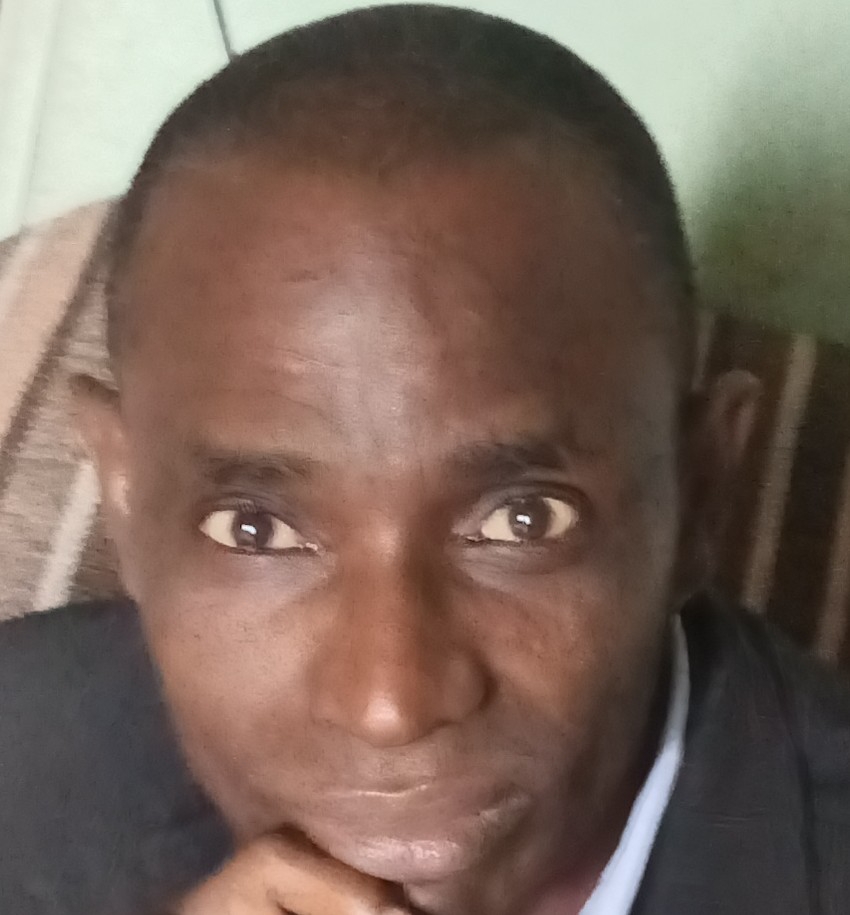
Wisdom from the Words of our Elders
Ogunbanwo Oluseyi@oluseyiogunbanwo258714
1 year ago
Wisdom from the words of our Elders
'Ìwà rere l'èsó Ènìyàn'
.
Literally translated ' Good character is the adornment of man'.
The Yorubas, of Western Nigeria, use character to define a person, whatever his standing. A man of good character is held in high esteem. And to them, whatever a person claims to be, however skilful at work he is, if he lacks character, his profession or skill is vain.
'Iwa l'ewa'.
'Character determines beauty'.
It is as much as to say one's beauty is seen in one's character. Consequently, however peerless you are in beauty, a bad character presents you as an ugly beast.
Now what is 'Iwa rere?'
Well, it is not relative. A good character is a good character. And it is measured in many ways and exhibited in various forms. It goes beyond the mere act of munificence. Someone can be generous but still bereft of a good character. Generosity, sometimes, may emanate from a compelling need or a sympathetic disposition.
It is the ability to exhibit a benign disposition at all times. The exercise of restraint in the face of provocation. It is denouncing falsehood and affirming the truth, whosoever is involved. It is doing one's duty as expected and fulfilling the task for which one is employed.
It is the display of moral uprightness. It is doing good to both friends and perceived foes.
Empathy is an indispensable ingredient of good character. The ability to own up to one's mistakes and offer an apology without restraint is the hallmark of a good character, and that is, irrespective of one's position.
Some believe it is wrong for parents to apologise for wrongs done to their children. I disagree. Whatever the age of the child. It simply amounts to good character.
And guess what?
Good character is learnt from home. It is taught through family and community socialisation.
Though we now live in an age of moral decadence,
ours was a community of people of diverse religions, educational qualifications and societal standing that believed in good character as the only index of socialization. Training of the child and the young was not exclusive to his parents. The society served as the caregiver even when parents were within reach.
Home Training was however the instrument of socialization and became an indispensable tool parents employed in moulding the child to a standard approved by the community.
Caregivers are aware of the negative implications of labelling a minor 'abi-ko" (birthed but untrained) or 'ako-igba' ( he who rejected home training). The former is a direct indictment on the parents for the absence of supportive care and socialisation of their wards while the latter presents a recalcitrant child who contumaciously rejected moral training offered by his parents.
Whichever way, parents are held liable for their children's indecent behaviour in society.
(I will elucidate more on this in 'Omoluwabi', one of my future topics)
The word 'Iwa' is a noun that can be attached to other words to form phrases indicating different meanings. For example:
'Iwa irele' - a humble disposition.
'Iwa omoluwabi' - the deeds of a well-trained child, and so on
On the other side is
'iwa ika - the act of wickedness
'iwa anikanjopon' - a selfish behaviour
'iwa ainitiju' - a shameless disposition
'iwa agidi' - a stubborn comportment...just to mention a few.
It is more honourable to do good than pretend to be good with an underlying negative intent.
The Yorubas, like every other tribe believe 'no act of goodness or wickedness will go unrewarded'. (A t'ore a t'ika, ikan kii gbe') They believe in the principles of sowing and reaping. However long your good or evil is insured, there is a corresponding assured premium before you leave the earth.
-Oluseyi Ogunbanwo
#AfricanProverbs
